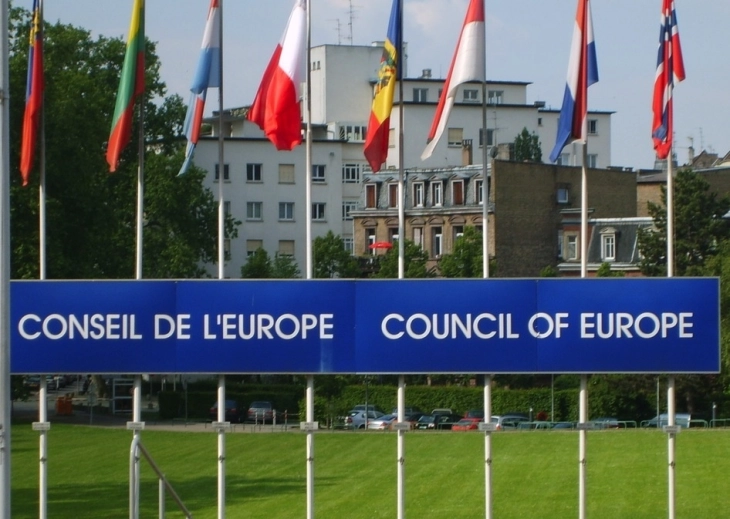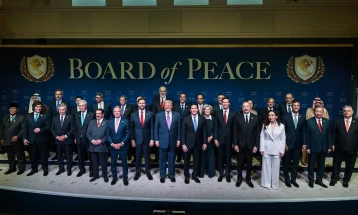Council of Europe: Violence against women threatens their freedom and rights

Strasbourg, 25 November 2021 (MIA) - Violence against women is a serious threat to women’s freedom and rights, including online violence and gender-based cybercrime. We have the tools at our disposal both to recognise and to tackle violence, including the Istanbul Convention, the Council of Europe said Thursday.
On the occasion of the International Day for the Elimination of Violence against Women (November 25), Council of Europe’s Secretary General Marija Pejčinović Burić met with Elena Bonetti, Italian Minister for Equal Opportunities and Family, on behalf of Italy’s Council of Europe presidency, to discuss domestic violence and gender equality calling for strengthened fight against violence against women. This year, they mentioned, marks the 10th anniversary of the signing of the Istanbul Convention.
Some 736 million women worldwide - almost one in three - have been subjected to intimate partner violence, non-partner sexual violence, or both at least once in their life, show statistics from the United Nations, adding that this figure does not include sexual harassment and forms of violence such as stalking, forced marriage or female genital mutilation.
The Istanbul Convention is the most advanced international instrument European states have and its full implementation is the most effective way to stand up for women’s rights. We encourage additional signatures and ratifications, say Pejčinović Burić and Bonetti in a joint statement.
“The Istanbul Convention is clear in its aims: it prevents violence against women, protects those who become victims and ensures prosecution of perpetrators. It not only encourages integrated policy-making, but also criminalises specific offences, such as stalking, forced marriage and female genital mutilation. Where it has been implemented, it has worked – and with positive changes to national laws,” says the joint statement.
During lockdowns, it adds, cases of domestic violence and gender-based violence against women have risen dramatically.
“Women's participation in the labour market, family support services and the promotion of leadership roles for women in the economy and society must be priority themes in recovery programmes. Women’s empowerment is fundamental for the prevention of violence against women, including ‘economic violence’. It is also essential to continue to work on reconciling professional and private life to ensure that women are not obliged to choose between family and work.”
On Wednesday, the Group of Experts on Action against Violence against Women and Domestic Violence (GREVIO) published its first general recommendation on “the digital dimension of violence against women”. The recommendation covers online acts of violence against women – such as sharing humiliating images, insults and threats of death and rape – and also crimes perpetrated through the tracking technology reported on by cyber security companies. The recommendation calls on action to prevent perpetrators from controlling a woman’s ability without her consent to acquire, use and maintain economic resources by controlling bank accounts and financial activities through internet banking.







